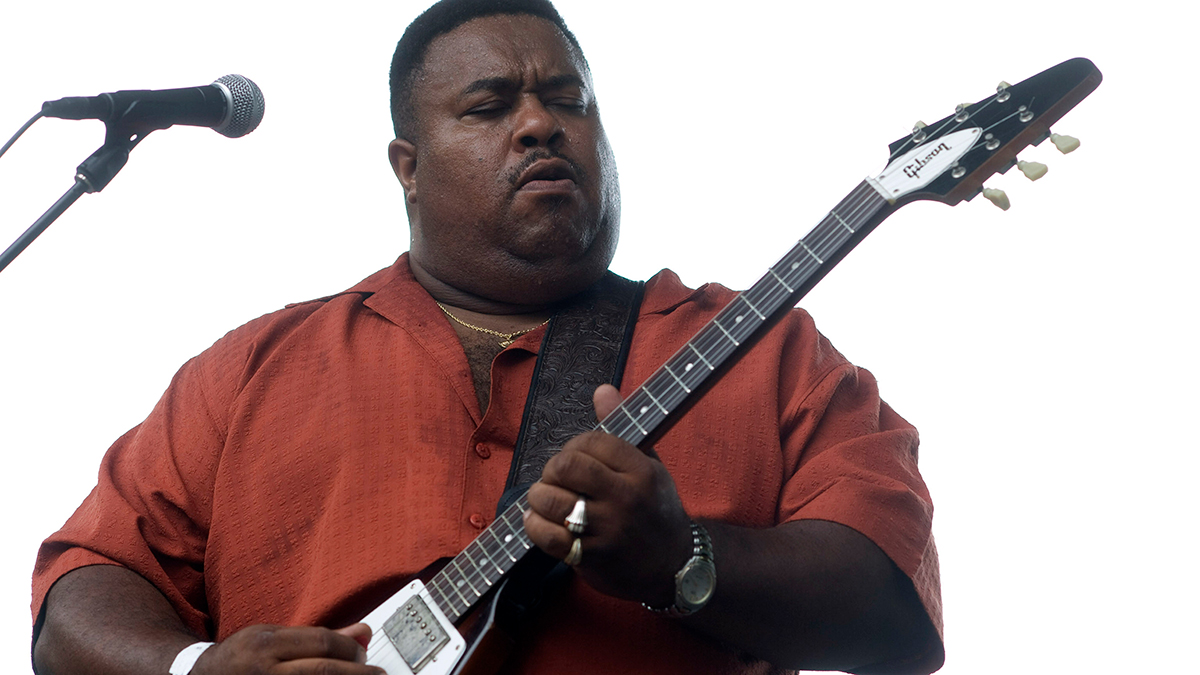"It’s not all about the name on the guitar, it’s how you gel with it." Why you don’t always need a big-name brand on your headstock – and 6 guitars that deliver superb value for your money
With the increased availability of quality budget guitars, I look into brand loyalty and why your dream guitar isn’t always what you think it is
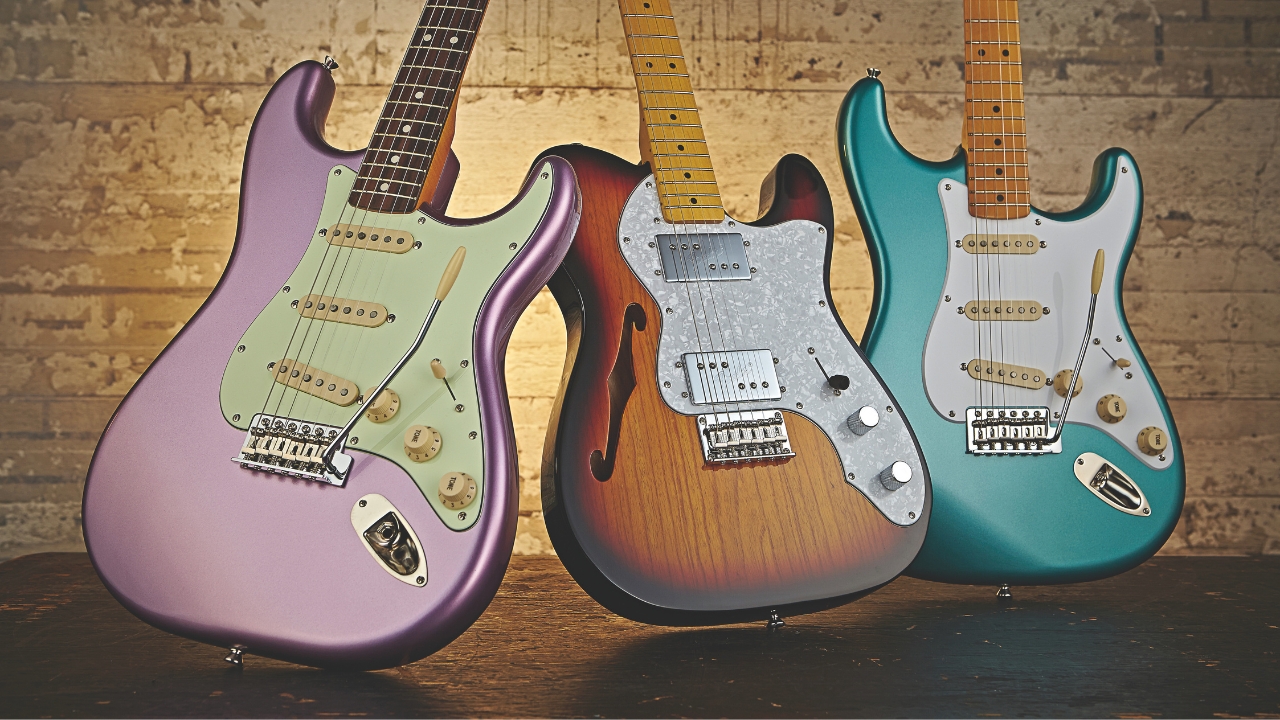
As is becoming the norm at this time of year, our social media feeds and email inboxes are swamped with Black Friday guitar deals, all trying to sell us the latest and greatest in new gear. You might be considering buying a new electric guitar yourself, and perhaps you’re perusing the web looking for the best bang for your buck?
Maybe you’re a fan of a particular brand, I’m talking about the Gibson’s, Fender’s, and PRS’ of the world. Those brands that are synonymous with the guitar itself, and all-encompassing in their branding reach and market domination. But do you need to buy a big brand guitar these days? And is a big brand guitar really that much better than something you can get from a smaller company?
Brand loyalty
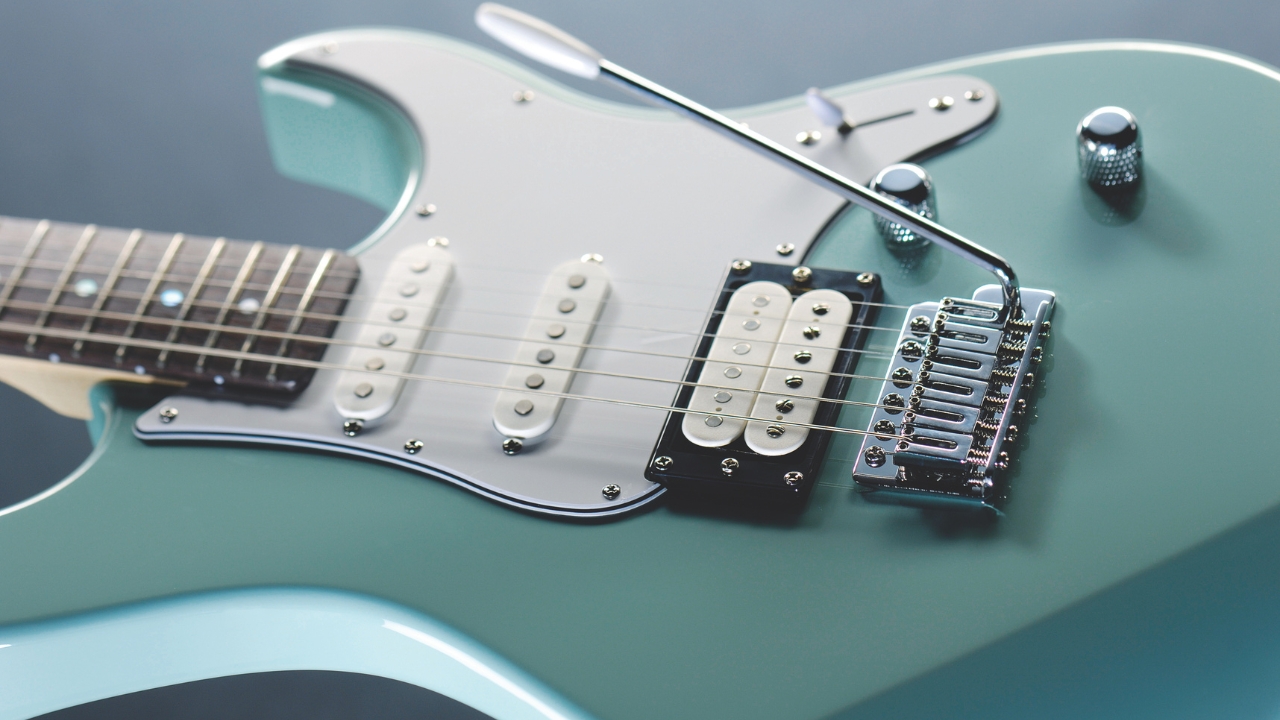
Growing up, I was a massive Fender fanboy. All my favorite players played Fender, people like Jimi Hendrix, Tom Morello, and Simon Neil of Biffy Clyro. Although my all-time favorite guitarist Matt Bellamy wasn’t a strict Fender user, many of his famous custom guitars are based on the Telecaster shape.
It made sense then that when I first had the chance to get an electric guitar, I went for a Squier Strat, and from that point on it was always my dream to upgrade to a proper MIA Fender Strat. I never got the chance. For one reason or another – two once-in-a-lifetime financial crises anyone? – for the first 15 or so years of my playing career, I never had the opportunity to get my hands on my very own big-brand guitar. Instead, I’ve had to make do with more budget offerings.
It's not all about the name of the guitar, it's how you gel with it
I had a few different Squiers, an RG Ibanez, a Schecter, and one of my all-time favorite guitars, a pink Chinese Strat copy that I sold a few years ago and regret every day. That Strat copy made me realize that it’s not all about the name of the guitar, it’s how you gel with it.
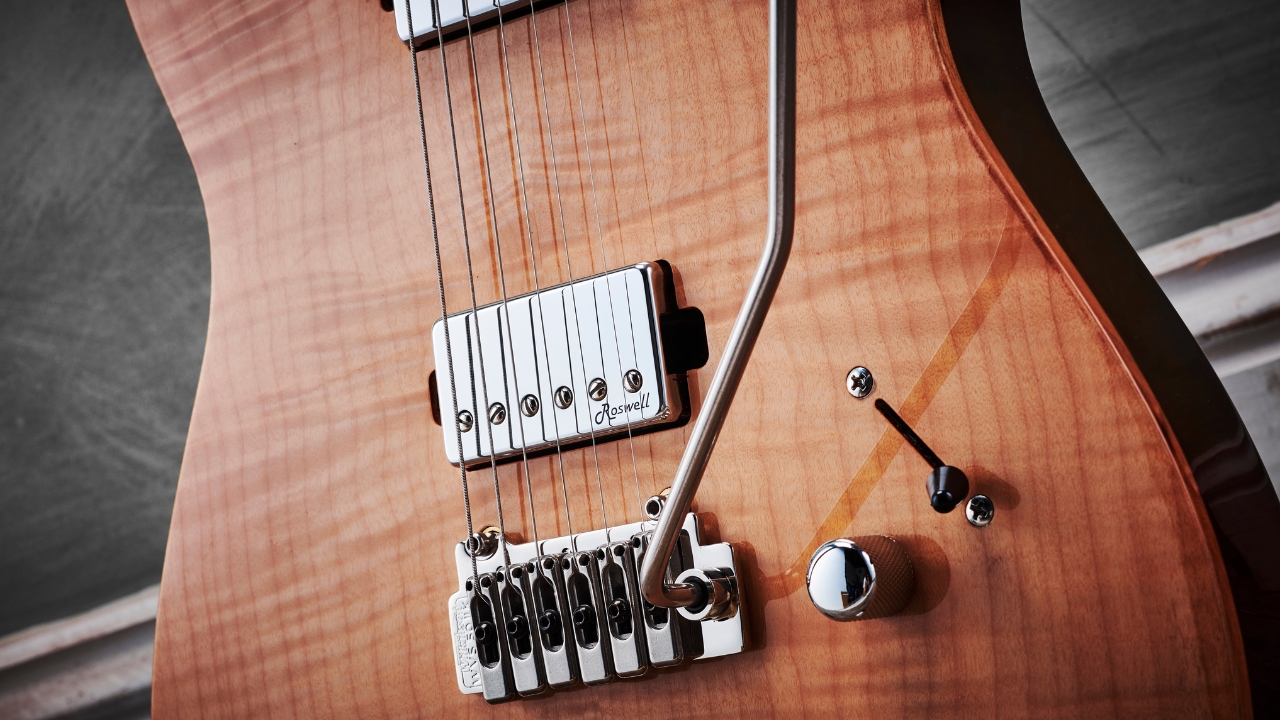
By all measures, my pink S-style with a blank headstock should have played and sounded terrible, yet it was one of the best-playing guitars I’ve ever owned. I didn’t pay anything for it, a friend gifted it to me as they’d tried learning and given up, yet I went on to gig it all over the country. I played it so much and for so long I wore down the cheap plastic nut it came with and darkened the maple fretboard.
Now that I’m a bit older and find myself in a much more stable financial position, I’ve bought some great guitars for my collection, the majority of which are from major brands. I’ve also been lucky enough to play a huge array of guitars for my job reviewing gear. Fender, Gibson, PRS, Jackson, Schecter, Rickenbacker, you name it, I’ve played it.
All the latest guitar news, interviews, lessons, reviews, deals and more, direct to your inbox!
Big brand name guitars deliver, there’s no doubt. And yet, the guitars that have impressed me the most aren’t the ones that cost four figures, it’s those lower-budget offerings, guitars like the Squier Paranormal Baritone Tele, the Soloking MS-1, and the Harley Benton SC-550 II PAF have ended up being the instruments that have really knocked my socks off.
Cheaper CNC
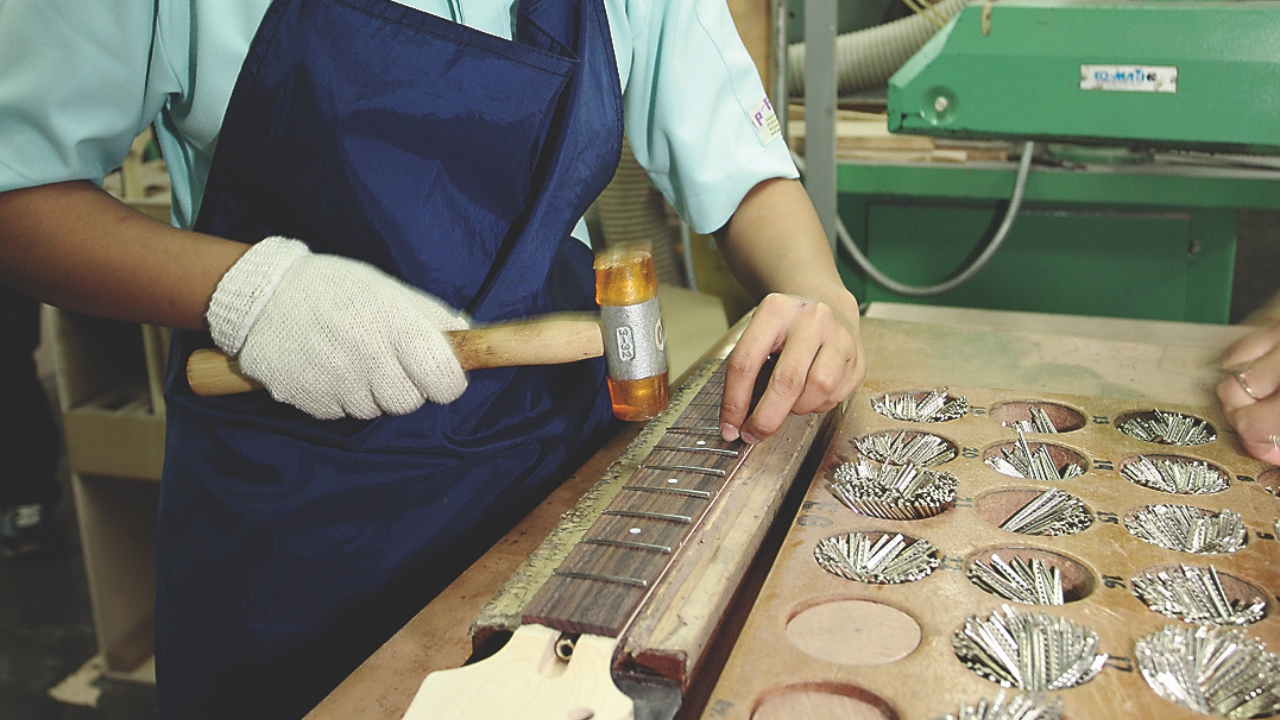
So why are modern budget guitars so good? Well, the biggest advances in the last twenty years have come with CNC machining. It’s gotten cheaper than ever to get a CNC machining tool in a factory, and these machines cut guitar bodies and necks with pinpoint precision. This means consistently better quality guitars for less money as the process is automated, so you don’t need to pay a bunch of people to hand carve your guitar parts.
A lot of budget guitars are outsourced to factories in the Far East, which means less overheads and a lower overall production cost. To speed up production, tasks are split between different workers, so one person will paint the guitar, one will install the, one will add the hardware, etc.
One of the best examples of a modern budget brand is Harley Benton guitars, which is owned by European retailer Thomann. They already have all their logistics in place, an audience through which to market and sell their gear, and by outsourcing production and selling directly, they can minimize their overheads and deliver quality guitars at a much lower cost than the giants of the guitar industry.
Modern budget guitars
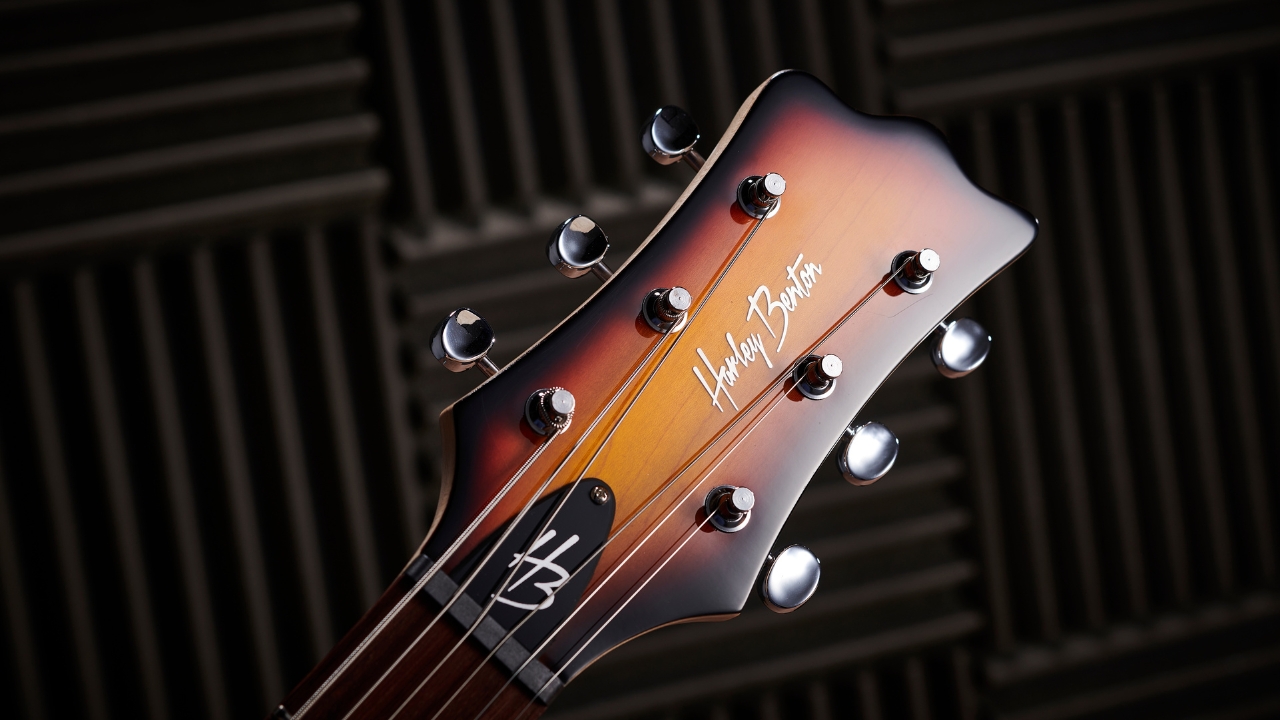
All this means that there’s never been a better time to buy budget. I’ve played some astoundingly good guitars over the last few years, some of which barely cost $200, yet had the playability and tones of a guitar costing two or three times as much. The beginner electric guitar market features some scarily good options, the likes of which I couldn’t have imagined when I first started playing twenty years ago.
For the under $500 bracket, you can now get a guitar that features a roasted maple neck and fingerboard with rolled edges, locking tuners, compound radius neck profiles, and many more features that were the bastion of expensive custom guitars just a few short years ago.
Modern cheap pickups deliver great tones that are more than usable, and the best thing about a budget guitar is that it makes a great platform for upgrading in the future. Slap some Seymour Duncan or Bare Knuckle pickups in it and with a good set up you’ve got yourself a properly good guitar for gigging and recording, for significantly less outlay than an MIA Fender or Gibson USA model.
Conclusion
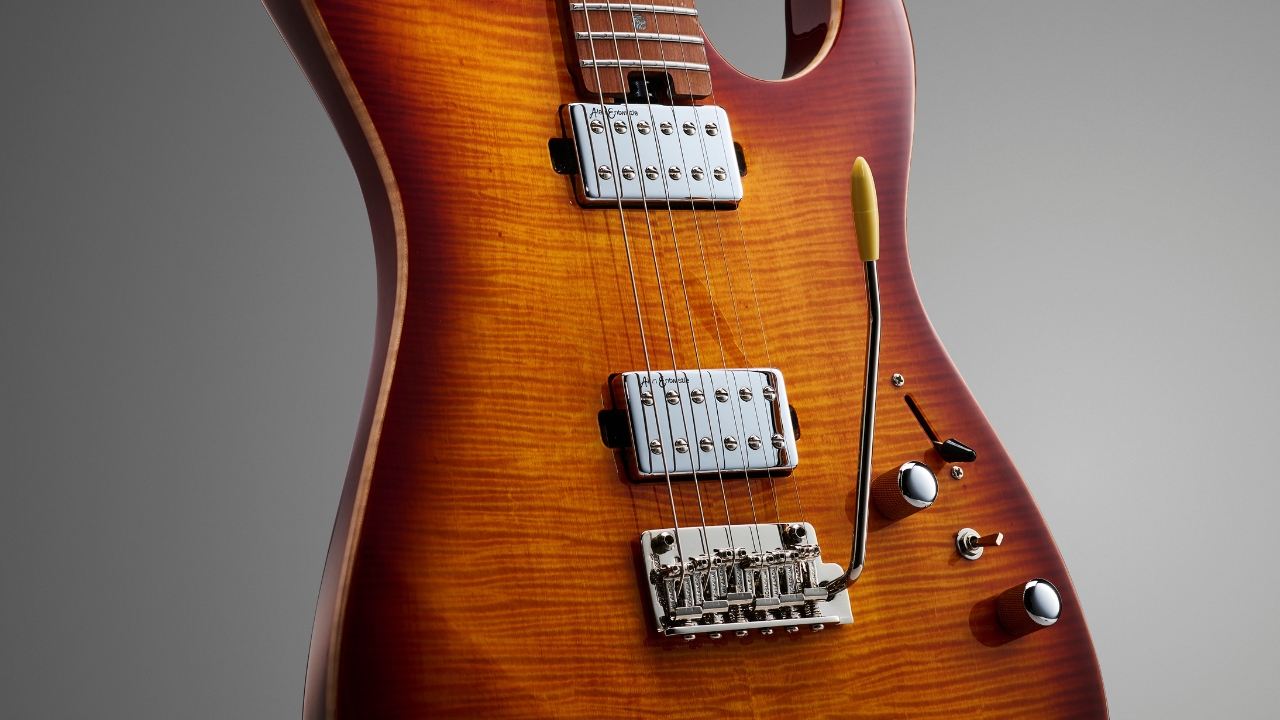
If you can’t afford to spend huge amounts of money on the Fenders and Gibsons of the world, I wouldn’t sweat it. There are so many great options out there at all price points that you will find a great playing and sounding guitar at any budget.
I’ve listed some of my favorite models for you below, some of which I’ve tested myself, others I’ve played in passing, and some have been recommended to me by my colleagues here at Guitar World.
Always remember, it’s not about the name on the headstock, it’s how the guitar makes you feel when you play it.
My top picks
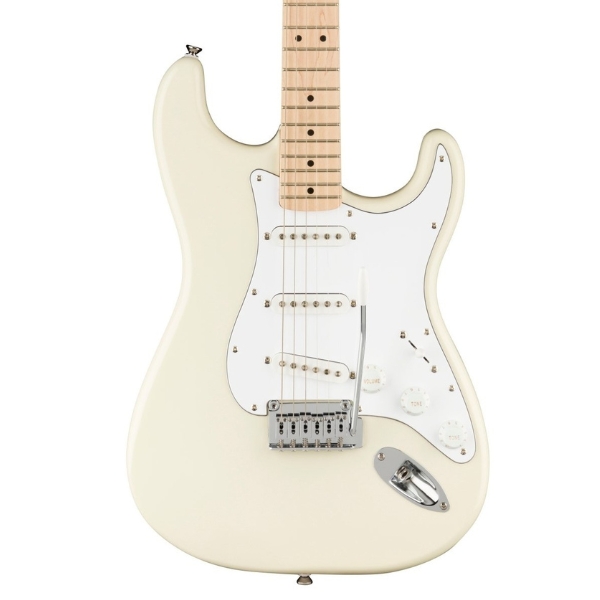
The Squier Stratocaster is as classic a part of the Fender stable as any of its more expensive models. Probably the most popular starter guitar in the world, modern variants are incredibly playable and hardy. I upgraded mine with some Seymour Duncan pickups and I still use it as a backup when gigging to this day.
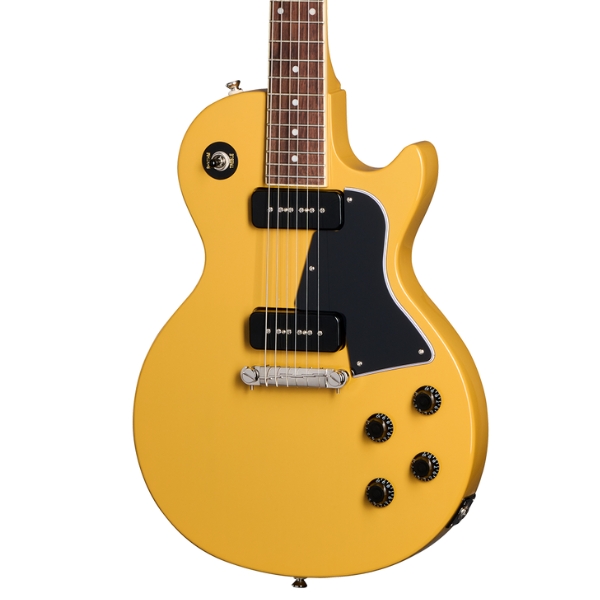
This absolutely stunning guitar carries every bit of that Gibson mojo, yet costs $1,300 less. It’s got the gritty P-90s, the buttery smooth playability, and the looks to match its bigger and more expensive brother. It’s a flawlessly put-together instrument that delivers on every level.
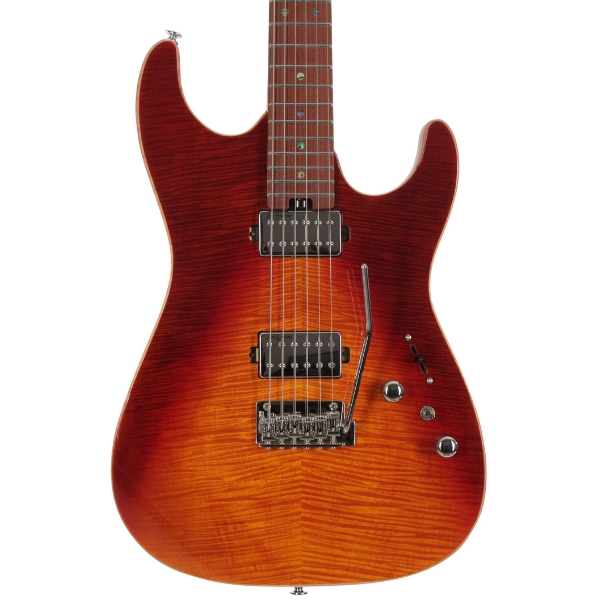
I got to review the Soloking MS-1 for Total Guitar a year or so back and it absolutely blew me away. The neck on it is ultra-fast playing and flawlessly executed, giving you ultra-stable and smooth roasted maple at a crazy price point. The Alan Entwistle Dark Star pickups are absolutely stunning too.
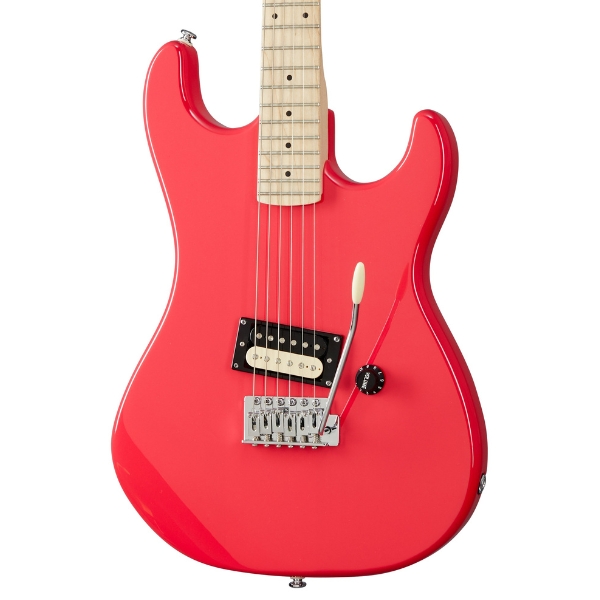
It’s a bit of a one trick pony, but the Kramer Baretta Special does that trick very well. It’s got an Alnico V pickup which delivers a lot of clarity, and the fretwork is incredibly good on it considering the money. It plays brilliantly, and while it’s definitely geared for heavier styles, if you’re getting this as a first guitar you’re going to be very happy.
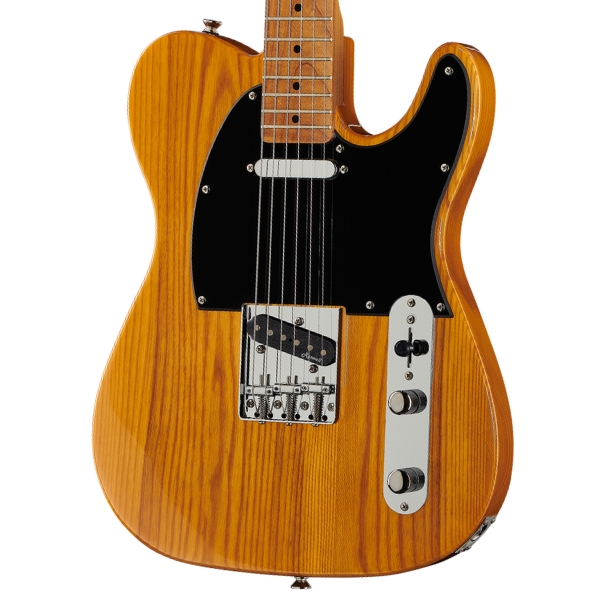
This guitar costs £144, yet it plays like it was priced twice as much. It’s far superior in every way to my first guitar, brilliantly put together with a super-playable neck, and pickups that absolutely deliver those classic Tele tones. I honestly couldn’t quite believe how good this guitar was when it turned up for review.
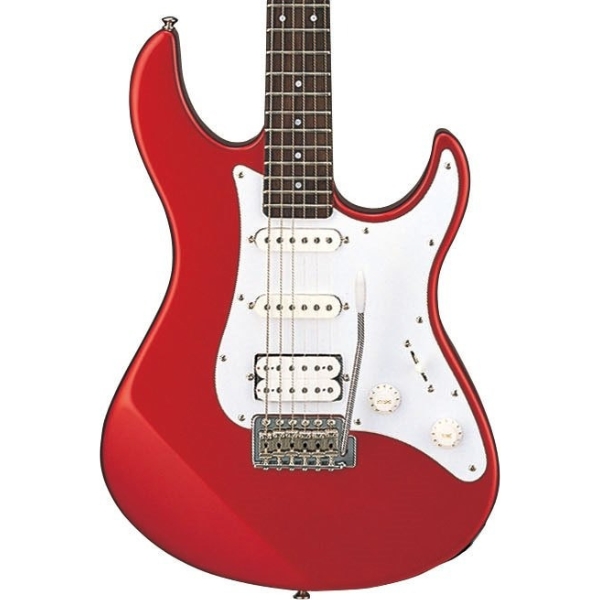
Okay so Yamaha are by no means a small brand, but they are often overlooked when it comes to electric guitars. The Yamaha Pacifica 012 is incredible value for money, and growing up a friend of mine had an older variant as his first guitar. He no longer plays, but it’s still in his house, still works, and you can bet I still play it every time I go over there.
Black Friday budget guitar sales
- Squier guitars: Save even more at Fender
- Harley Benton: Big discounts on guitar gear
- Epiphone: Up to 35% off at Guitar Center

Matt is a Junior Deals Writer here at Guitar World. He regularly tests and reviews music gear with a focus on guitars, amps, pedals, modelers, and pretty much anything else guitar-related. Matt worked in music retail for 5 years at Dawsons Music and Northwest Guitars and has written for various music sites including MusicRadar, Guitar Player, Guitar.com, Ultimate Guitar, and Thomann’s t.blog. A regularly gigging guitarist with over 20 years of experience playing live and writing and recording in bands, he's performed everything from jazz to djent, gigging all over the country in more dingy venues than you can shake a drop-tuned guitar at.
